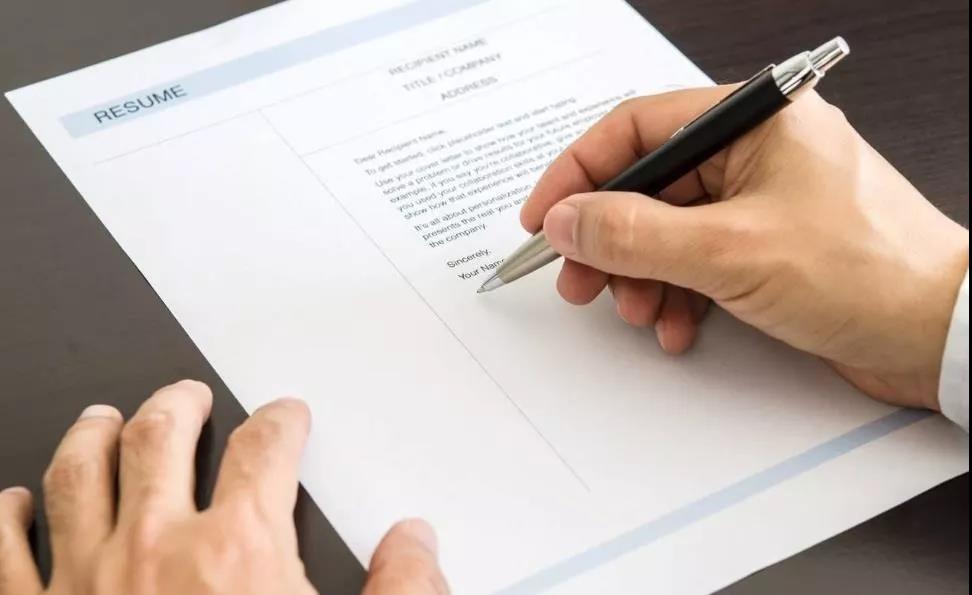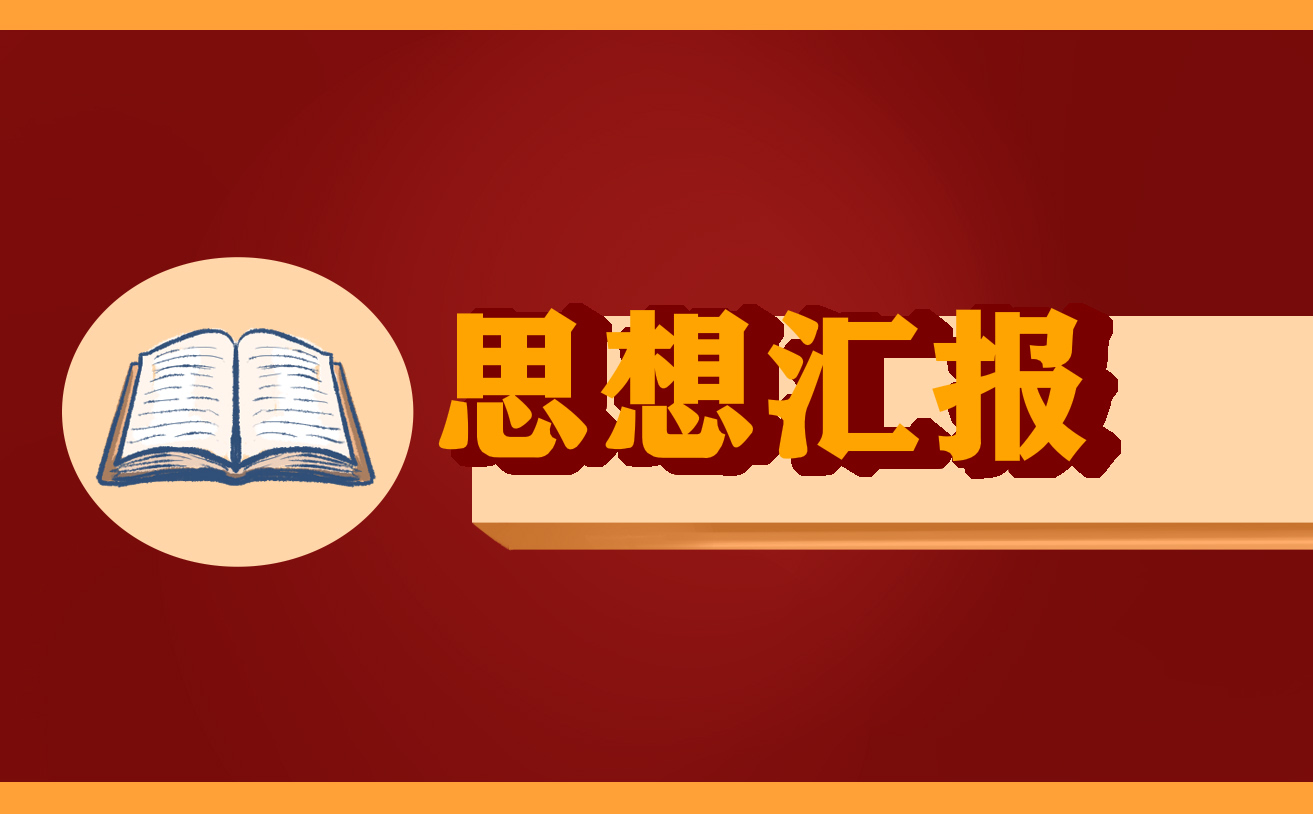浅析反意疑问句_反义疑问句
时间:2019-01-01 03:20:28 来源:雅意学习网 本文已影响 人 
摘要: 本文针对学生常遇到的反意疑问句的问题,结合作者自己多年的教学经验,对反意疑问句的用法进行了归纳总结。 关键词: 反意疑问句用法总结 在英语教学过程中,学生对反意疑问句的用法总是比较模糊,对此,我针对学生常遇到的问题,结合自己多年的教学经验,对反意疑问句的用法进行了归纳总结。
反意疑问句用于提出情况或看法,要求对方同意或确认。这种问句由两部分组成,前一部分用陈述句的形式,后一部分是一个附加疑问句,两部分的时态要一致。
一、如果陈述句为肯定形式,附加疑问句通常用否定形式;如果陈述句为否定形式,附加疑问句就用肯定形式。如:
(1)I am as tall as your sister, aren’t I?
(2)You’d better read it by yourself, hadn’t you?
(3)You’d like to go there, wouldn’t you?
(4)What a girl (she is), isn’t she?
(5)What colors (they are), aren’t they?
(6)That is not a nice coat, is it?
(7)Most of the news won’t be true, will it?
如果陈述句里包含有neither, no, none, no one, nobody, nothing, barely, hardly, scarcely, hardly ever, seldom, little, few, nowhere等否定词语,就按否定句处理。如:
(1)You have nothing against it, have you?
(2)You have never met each other before, have you?
(3)He seldom plays balls, does he?
(4)There’s little money with him, is there?
(5)None of food was wasted, was it?
但要注意的是,加否定前缀的词,表示相反的意思,不是否定词。如unfit, important, dislike, unpractical等,如:
(1)He dislikes this idea, doesn’t he?
(2)He was unpractical, wasn’t he?
二、附加疑问句的主语。
陈述句的主语是anyone和no one等指人的合成不定代词时,附加疑问句的主语用they;如果是指物的不定代词,则附加疑问句的主语用it,如:
(1)Someone had recognized him, hadn’t they?
(2)Neither of them complained, did they?
(3)Nobody knows it, do they? (正式文体中常用he)
(4)Everything is ready, isn’t it?(指物用it)
注:
1.陈述句的主语是none of them(或复数名词)时,附加疑问句的主语用they,如:
None of them are busy,are they?
2.陈述句的主语是none of us和some of you时,附加疑问句的主语分别用we和you,如:
(1)None of us knew the way,did we?
(2)Some of you are learning French,aren’t you?
3.陈述句的主语是some of us时,说话人把自己包括在内用we,说话人把自己排斥在外用they,如:
(1)Some of us wanted to stay longer,didn’t we?(包括自己在内)
(2)On the return journey some of us lost the way,didn’t they?(把自己排斥在外)
4.陈述句中含有并列主语时需特别注意,如:
(1)Either Tom or he studies polities,don’t they?
(2)Neither you nor I am an engineer,are we?
三、陈述句为复杂句,附加疑问句通常重复主句的主语和功能词,如:
He said she would visit Japan, didn’t he?
但要注意下列几种用法:
(1)It’s said that he has been abroad,hasn’t he?
(2)It’s the first time he has been here,hasn’t he?
(3)I don’t think that he is a nice boy,is he?
(比较:I think he is not hones,is he?)
(4)I was told that he had been chosen as a player,hadn’t he?
四、祈使句后可以加一个附加疑问句,使口气变得客气一些。这时,陈述部分和疑问部分就没有反意关系。一般情况下,可在祈使句后加will you或won’t you,助动词也可以用can / can’t / could / would。如:
(1)Have a little more coffee, will you?
(2)Take a seat, won’t you?
(3)Don’t do that again, will you?
但以Let, Let’s或Let us开头的祈使句要特别注意:
(1)Let’s have a seat, shall we?
(2)Let me know, will you / may I?
(3)“Let us go and have a look,shall we?”he said to her.(包括对方在内。)
(4)“Let us go in, will you?” he said to the guard. (不包括对方,助动词不用“shall”,但也可用would / won’t / can’t。)
五、带情态动词和used to的陈述句后的附加疑问句如:
(1)He needn’t go, must / need he?
(比较:You need to go home, don’ t you?)
(2)This must be yours, isn’t it?
(3)You must start early tomorrow, needn’t / mustn’t you?
(4)He must have been waiting for you, hasn’t he? (如有具体时间状语如yesterday, 则用wasn’t he)
(5)It can’t have rained last night,did it?
(6)He dare not say so,dare he?
(比较:She doesn’t dare to go home,does she?)
(7)He ought to go and ask the teacher,shouldn’t he(人)/ oughtn’t he?(物)
(8)We have to listen to the talk,don’t we?
(9)You should have come earlier,didn’t you?
(10)I wish to go there alone,may I?
(11)He used to take pictures there,usedn’t / didn’t he?果
六、在一些其他情况下也间或不遵循反意疑问句的规律,这时带有讥讽、轻蔑、责备、威吓的口吻,如:
(1)――I won’t let you do it!
――You won’t, won’t you?
(2)So that’s your little trick, is it?
(3)Oh, you’ve had another accident, have you?
有时不带这类口吻,指说话人通过推断或回忆作出结论:
(1)Your car is outside, is it?
(2)So he likes the idea, does he?
(3)So you don’t want to go, don’t you?
七、回答反意疑问句时,如果答案是肯定的,前面要用yes,否则用no。在陈述句为否定句时要特别注意,这时英语回答和汉语回答是不一致的,如:
(1)You are not going out today, are you?
――No, I am not.
――Yes, I am.
(2)George wasn’t there that day, was he?
――No, he wasn’t.
――Yes, he was.
一般来说,反意疑问句及其回答中的肯定否定关系可以用下面这个公式表示(+表示肯定,-表示否定):
问句中:+,-或-,+,
回答中:+,+或-,-。








